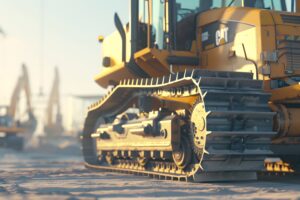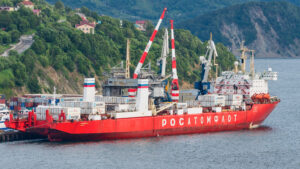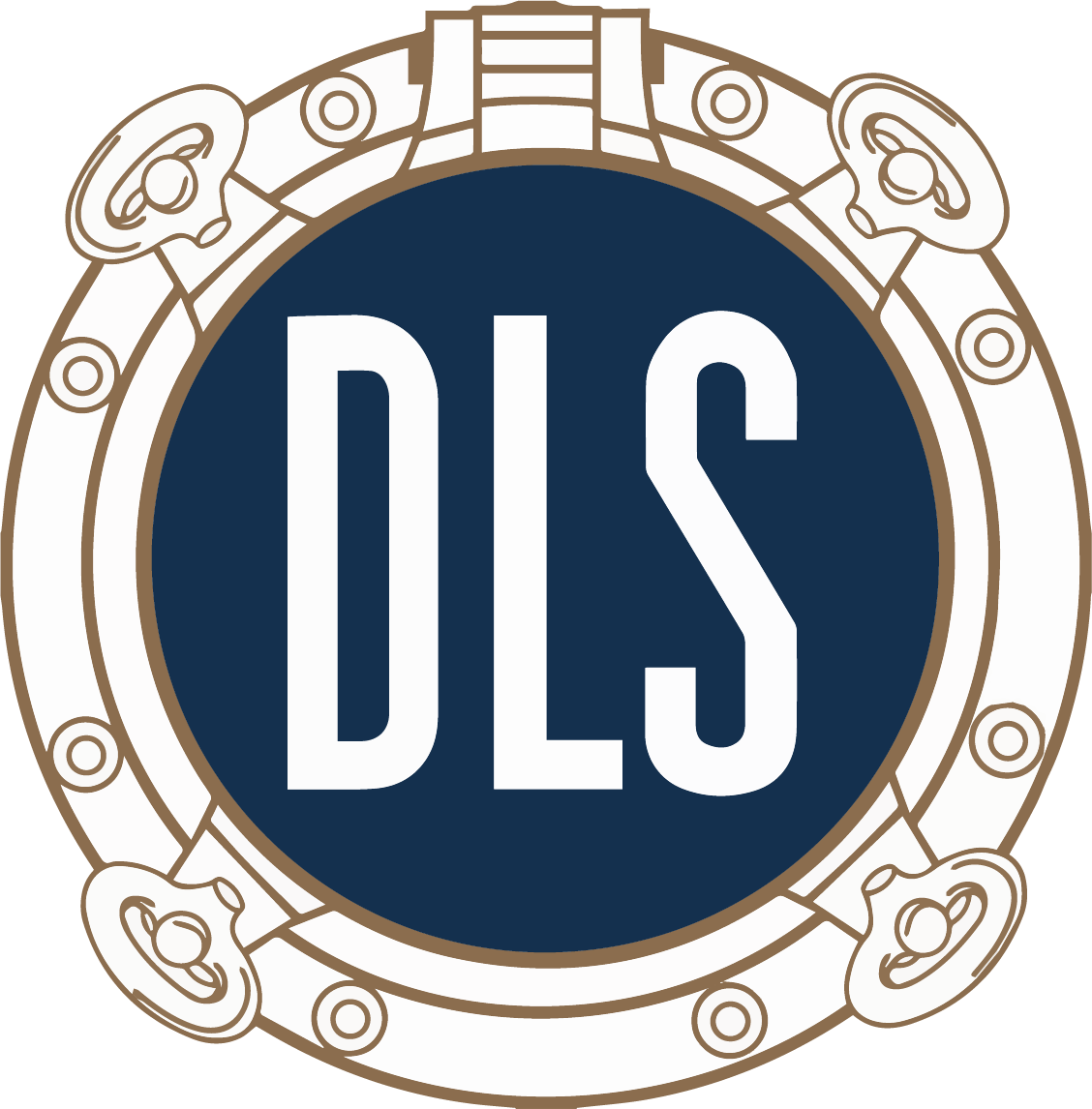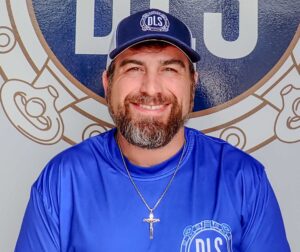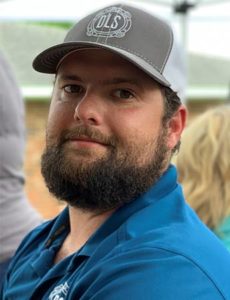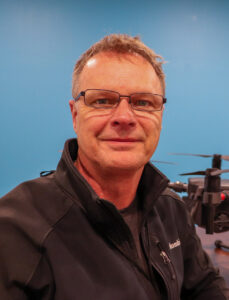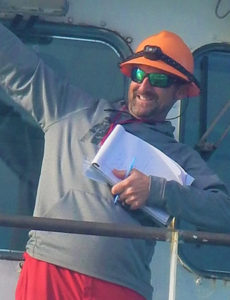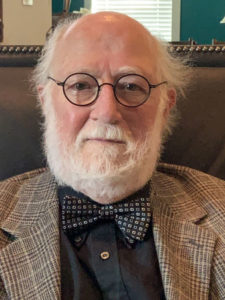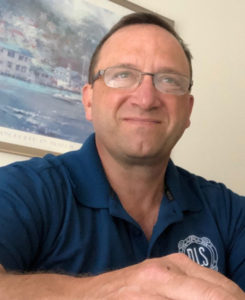- August 18, 2020
- Industry
- A Look at the Tier 4 World
If you want to run in circles, go to 40 CFR to read and read and read about the government’s EPA regulations on reducing the pollution in the exhaust emissions of marine diesel engines. Otherwise, let’s try to understand what is important to us as surveyors and appraisers of marine equipment and to marine asset lenders.
The bottom line is that all domestically built vessels with an engine over 800 HP (600kW-804 HP, as of October 1, 2017) must have Tier 4 compliant engines. There is a new exception to this which I’ll come back to later.
As a loophole and marketing tool, some shipyards laid speculation keels prior to the Tier 4 activation date, making it possible for an owner to build new vessels after October 1, 2017 with machinery based on the EPA regulations in effect at the time of the official keel laying. This seemed to have worked for the past few years, but the speculation keels are running out and, in some cases, have proven to be insufficient for the needs of the weight and size of Tier 4 engines.
Why do Tier 4 engines and the boats they go on cost so much?
Tier 4 engines are bigger. Involved are after treatment systems, larger heat exchangers, and changes to filter systems, other engine items, and turbochargers.
Tier 4 engines run hotter. Up front that means different wiring and extensive shielding. Lobster boats with larger engines were having problems with the extra heat from the engines plus heat from the Selective Catalytic Reduction (SCR) units was heating the lobster holding tank water and therefore starting to cook the catch. Companies like Fernstrum have come up with retrofit cooling plans for boats that have upgraded to Tier 4 engines.
Tier 4 engines have sophisticated electronics. The engine control systems located in the Engine Control Unit (ECU) monitors and manages numerous conditions in order to maintain combustion efficiency. All of the changes in load, torque and required horsepower during operation need to be managed.
Tier 4 engines need additional gauging and indicators. Besides a sophisticated ECU, there is a need for a DEF indicator, DEF level gauge, regeneration indicator, regeneration disabled indicator, and increased need for exhaust gas temperature and high temperature alarm.
Tier 4 engines produce less functional horsepower. Tier 4 engines don’t produce as much functional horsepower as non-Tier 4 engines so a larger horsepower engine is needed. All of the add-ons reduced effective shaft horsepower.
Finding enough usable space in a vessel’s hull for larger, heavier engines plus the emission abatement equipment means that a hull must be larger and possibly stronger to handle Tier 4 engines of the same effective horsepower of pre-Tier 4 engines. Remember, stability is a factor in the design of a hull, so things can’t always be placed at the most convenient and inexpensive place within a hull.
Among the add-ons are three major technologies used for exhaust cleansing:
- Selective Catalytic Reduction (SCR): In this system, the exhaust gasses are combined with ammonia in the form of Diesel Exhaust/Emission Fluid (DEF), a mixture of about 1/3rd urea and 2/3rds water. The exhaust gas mixes with the DEF and passes over a catalyst, cleaning the exhaust and mainly sending water and nitrogen into that atmosphere. There are complaints from owners and operators that getting a needed supply of DEF when and where a vessel happens to be can be a logistical challenge. However, this is the most used system for commercial marine vessels.
- Diesel Particulate Filter (DPF): This is a mechanical filter that with the aid of a catalyst traps soot. The soot in the filter is periodically cleaned by incineration or a puff jet into a dust/soot box.
- Exhaust Gas Recirculation (EGR): This system takes some of the exhaust gas and re-routes it back into the combustion chambers reducing NOx. EGR must be used with a DEF to meet current standards.
Earlier I mentioned a new exemption to the EPA Tier 4 regulations.
There are no Tier 4 engines manufactured for use in commercial high-speed planing hulls such as those used by pilot association, some patrol/law enforcement craft and in fishing, such as lobster boats. Current engines are too bulky to fit and too heavy to allow these boats to reach the desired speed performance. The EPA has given these designs a temporary pass until suitable compliant engines can be produced.
A second action by the EPA is changing EPA standards on exhaust emissions to match IMO standards so U.S. vessels will be built in sync with the rest of the marine world’s regulations issued by the IMO.
But it’s not over.
European Stage V regulations and IMO changes may make it necessary for the EPA to come up with Tier V. The European Stage V for non-road engines and inland waterways came into effect in 2019 and 2020. But if the EPA did go to higher standards it would probably do it in a step-by-step process – starting with on-road and off-road vehicles and engines sizes. The original EPA Tier process started in 2008. As engineering and processes in this field have gained experience, the implementation should not take the 12 years the original standards took.
There are some workarounds to Tier 4 engine requirements, particularly for those in need of lower horsepower engines. Instead of one 1400 HP engine, some owners will go for two 750 HP engines to stay under the 804 HP mandate. All engines under 804 HP will stay under Tier 3 regulations.
Another out is a hybrid design. Some vessels, including harbor use tugs, only need their high horsepower rating for short periods. There is no reason to pay for and feed that size engine(s) when most of the time it is not being fully used. By having an electric hybrid, the battery bank and electric motor can instantly provide the extra horsepower and torque above the normal needs, requiring lower base horsepower installations.
We as marine surveyors and appraisers, marine lenders, and of course vessel owners, will be living with the complexity and cost of these engines for quite a while. We need to understand why they are more complex and more expensive. We also need to be aware that most of the world is moving ahead with higher ecological standards. All international engine companies must build to the highest standards, and any vessels being used in any kind of international service will be asked by international customers/charterers, and/or the local authorities, to be compliant with the standards in force. There will have to be compliance to be competitive.


